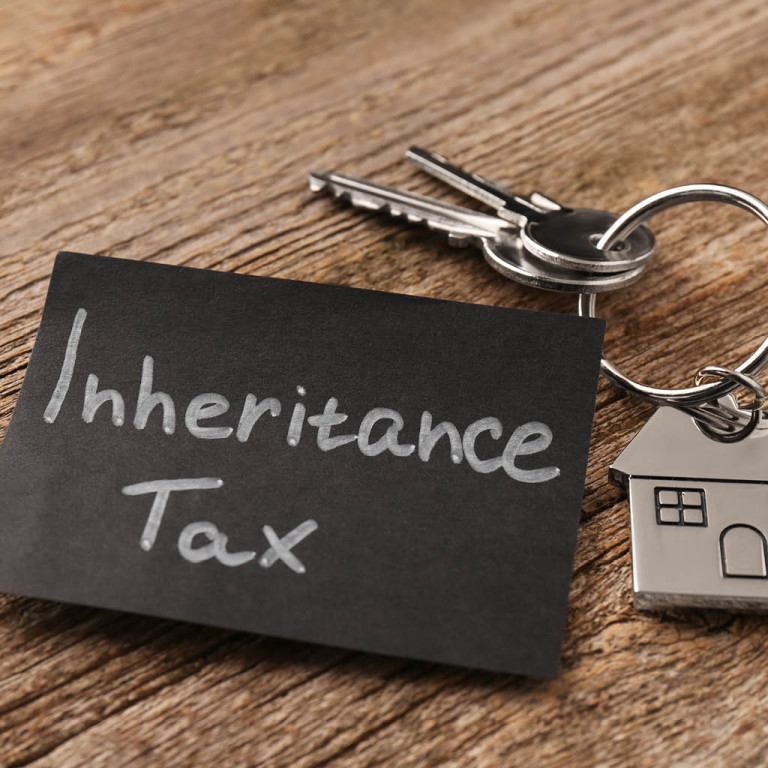Choosing a solicitor for your Will ensures legal clarity, reducing the risk of errors or disputes. A professional will navigate the complexities and safeguard your wishes effectively.
Clients often ask why they should pay to have a Will drawn up professionally when they could buy a Will pack or use an online service. My response would always be that a correctly drafted Will allows you to:
- Ensure that your Will is drawn up correctly and will carry out your wishes
It is easy to make errors in preparing a Will or miss out on important details. A badly drawn Will could inadvertently disinherit potential beneficiaries for lack of certainty of the wording used in the Will or could cost your estate additional Inheritance Tax. There are also strict rules concerning the execution of a Will to ensure that it is valid. Not obtaining professional advice could lead to costly legal problems and costs for your executors and beneficiaries on your death.
- Select who you wish to deal with your estate after your death (your executors)
If you do not make a Will and you were to die intestate, without a Will, then the intestacy rules would apply. These rules set out who is entitled to receive your estate and that person or persons would also then be your administrator, i.e. the person or persons who would deal with the administration of your estate.
- Ensure that you people you wish to benefit from your estate do benefit
You can choose who is to benefit and what they will receive. This may be a cash gift a specific item or a share in the residue of your estate. If you die without a Will, then as mentioned above, the intestacy rules will decide who benefits from your estate and this may not be the people you wish to benefit.
The intestacy rules set out how your estate is to be distributed and make no provisions for unmarried or unregistered partners. This means that any assets held in the deceased’s sole name would not pass to an unmarried or unregistered partner. If your home is owned in your sole name and bank accounts are in your sole name, then your partner may be made homeless and have no access to the funds in the bank accounts.
The intestacy rules benefit family members only and this does include adopted children but not step-children. Unmarried or unregistered partners or step-children may have a valid claim for provision from your estate but such a claim can be costly and take time to resolve. You can find out more about contentious probate here.
- Set out your funeral wishes and, if appropriate, name guardians for your minor children
Setting out your funeral wishes and naming guardians for your minor children in your Will is an important aspect of safeguarding your legacy. By including these provisions, you can ensure that your wishes are carried out and that your children are taken care of in the event of your passing.
Naming guardians for your minor children is crucial for their well-being and future. By appointing a guardian in your Will, you can ensure that someone you trust will take care of your children if you are no longer able to do so. It is important to choose someone who shares your values and will provide a loving and supportive environment for your children.
When setting out your funeral wishes, you can specify details such as the type of service you would like, the location, and any specific requests you may have. This can provide peace of mind to your loved ones.
- Include trust provisions if you wish to safeguard your family home or other assets in your estate
Such provisions can be helpful if you are in a second marriage and wish to protect your assets for your children or even if you are unsure what your beneficiaries’ requirements will be at your death or what the value of your estate will be on your death. A trust can provide flexibility for your executors to make such decisions after your death. A specialist trust could also be created in your Will and an example of this would be a disabled person’s trust.
- Avoid paying more Inheritance Tax than is necessary
Our specialist Inheritance Tax advisors can advise on ways to reduce the Inheritance Tax payable on your assets. There are several ways to reduce your Inheritance Tax. These can include, amongst other options, annual gifting within annual allowances, the gifting of cash or assets, or creating lifetime trusts.
How Tozers can help
You may have a good idea about what you want your Will to address, or you may not know where to start. Either way, we will discuss all the various considerations, and listen to your thoughts and concerns so you can feel confident your Will covers everything it needs to.





